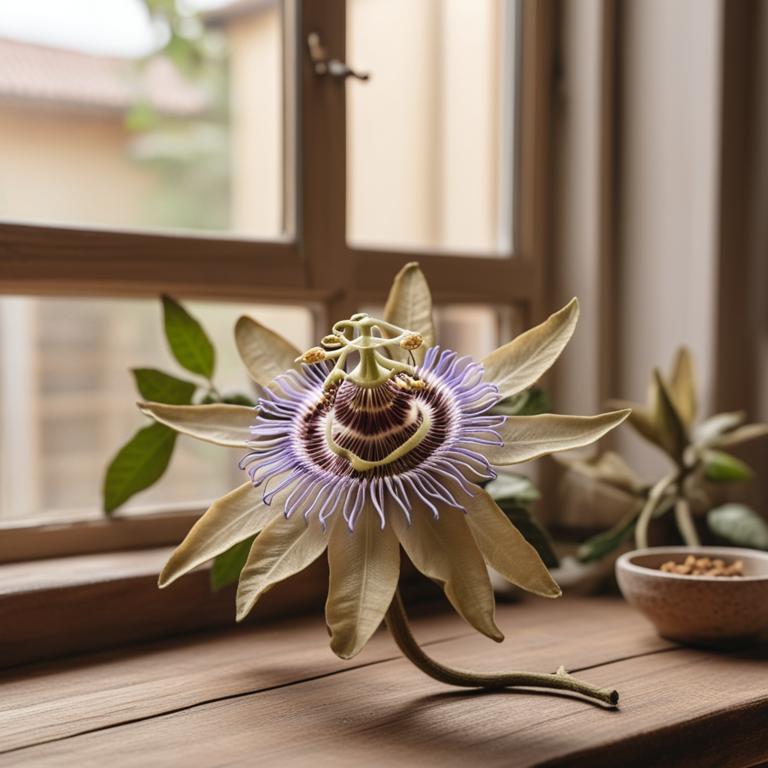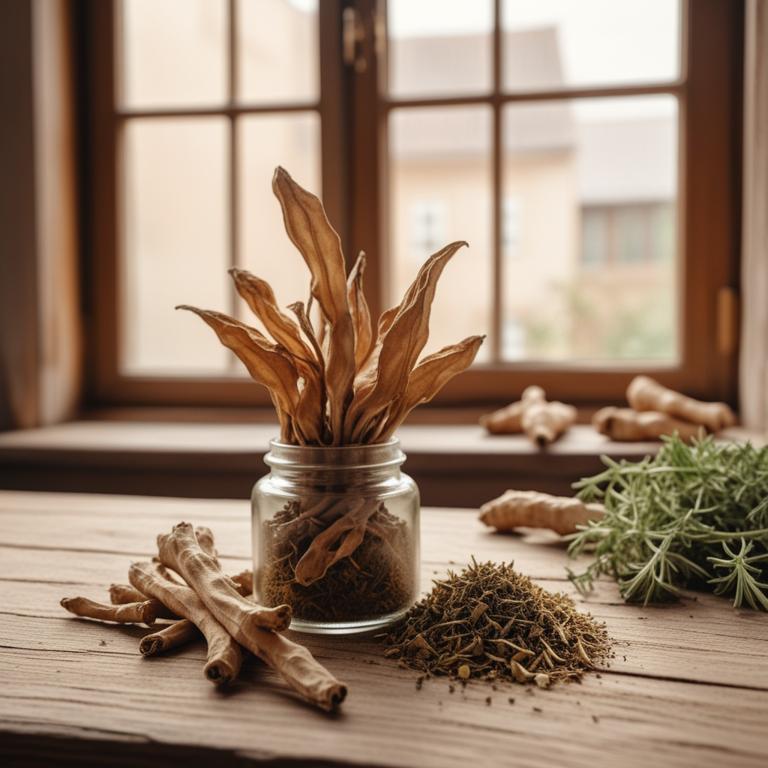Updated: Dec 1, 2024
Dry Mouth Remedies: Causes and Natural Treatments
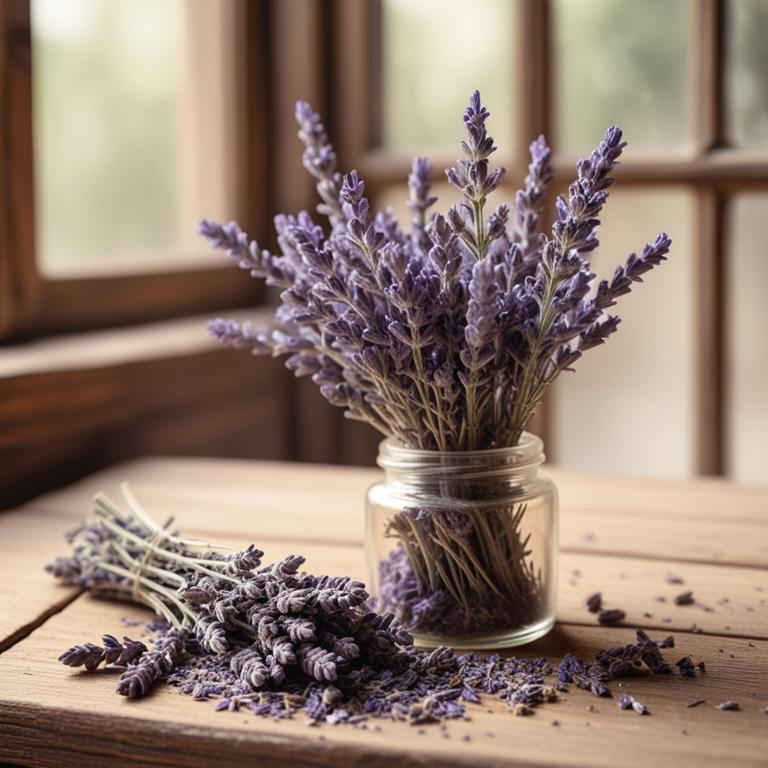
Dry mouth, also known as xerostomia, is a condition where your mouth feels dry and sticky due to a lack of saliva.
This can make eating and drinking uncomfortable, and even affect your self-confidence. If you have dry mouth, you might find it hard to speak clearly, swallow food, or even experience tooth decay and bad breath. Dry mouth can be caused by a variety of factors, including certain medications, smoking, and health conditions like diabetes or Sjögren's syndrome. To soothe dry mouth, herbal remedies can be a natural and effective solution. Herbs like slippery elm, aloe vera, and licorice root have been used for centuries to calm and moisturize the mouth and throat.
Slippery elm, in particular, has anti-inflammatory properties that can help reduce discomfort and inflammation in the mouth. Aloe vera, on the other hand, has a soothing effect on the mucous membranes, while licorice root has anti-inflammatory and antibacterial properties that can help fight off infection. To use these herbs, you can try drinking teas made from them, such as slippery elm tea or licorice root tea. You can also chew on licorice root lozenges or suck on aloe vera lozenges to provide instant relief. Additionally, some herbal mouthwashes and sprays can be used to help moisturize and soothe the mouth.
By incorporating these herbal remedies into your daily routine, you can find relief from dry mouth and enjoy a healthier, more comfortable mouth and throat.
Table of Contents
What causes dry mouth to occur?
The main causes of dry mouth are related to various factors that affect the body's ability to produce saliva.
One of the main causes is medication - many prescription and over-the-counter medications can dry out the mouth by reducing saliva production or affecting the salivary glands. This is especially true for medications used to treat depression, anxiety, and high blood pressure. Another cause is diabetes, a condition where the body either doesn't produce enough insulin or can't use it effectively. This leads to high blood sugar levels, which can damage the salivary glands and reduce saliva production. Hypothyroidism, a condition where the thyroid gland doesn't produce enough thyroid hormones, can also cause dry mouth.
Since thyroid hormones play a role in regulating metabolism, a lack of them can affect the body's ability to produce saliva. Anxiety and depression can cause dry mouth as well. When people are stressed or anxious, their bodies produce more cortisol, a hormone that can reduce saliva production. Similarly, depression can lead to changes in eating habits and overall health, which can affect the salivary glands. Lastly, smoking is a significant cause of dry mouth.
Tobacco smoke can damage the salivary glands and reduce saliva production, making it difficult to swallow and increasing the risk of oral infections.
What are the benefits of using herbal remedies for dry mouth?
Using herbs for dry mouth can be really helpful.
These natural remedies can stimulate saliva production, which is key to keeping your mouth moist. By increasing saliva flow, herbs can prevent bacteria and food particles from building up and causing discomfort.
They can also help soothe and calm the tissues in your mouth, reducing irritation and inflammation. Some herbs have antibacterial properties, which can help fight off infections that can cause dry mouth. Additionally, certain herbs have anti-inflammatory properties, which can reduce swelling and discomfort in the mouth and throat.
By using herbs, you can find relief from dry mouth symptoms and maintain a healthy oral environment.
What are the primary medicinal herbs to help relieve dry mouth?
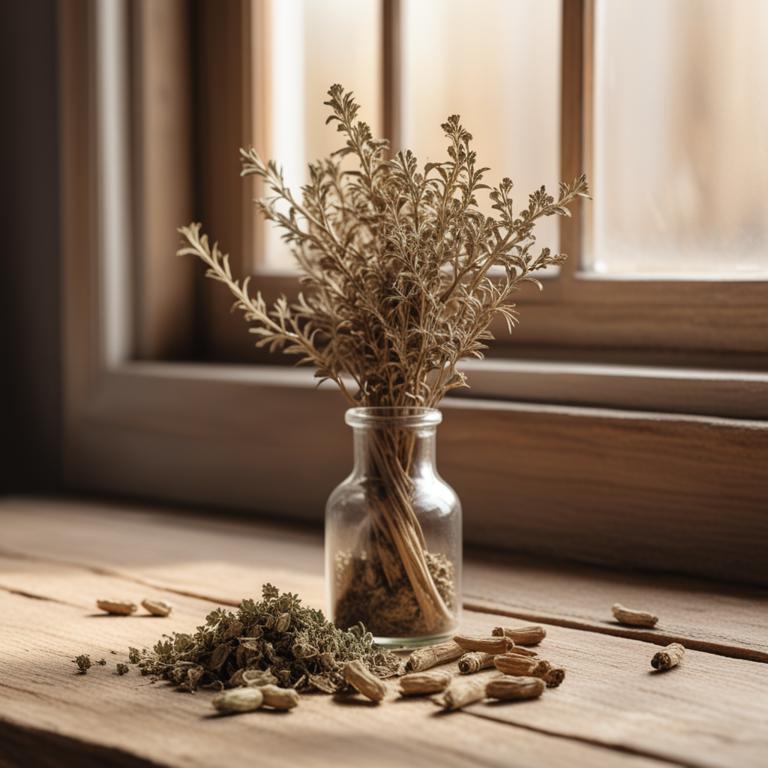
If you're dealing with dry mouth, you might be relieved to know that there are several herbs that can help.
Glycyrrhiza glabra, also known as licorice root, is a natural expectorant that can help loosen mucus in the mouth and throat, making it easier to swallow and reducing the feeling of dryness. Mentha x piperita, or peppermint, is a classic cooling herb that can help numb the tongue and gums, providing temporary relief from dry mouth discomfort.
Another herb, Melissa officinalis or lemon balm, has anti-inflammatory properties that can help soothe sore mouth tissues and reduce inflammation. Echinacea purpurea is often used to boost the immune system, but it can also help stimulate saliva production, which is essential for keeping the mouth moist. Finally, Zingiber officinale, or ginger, has anti-inflammatory properties that can help reduce swelling in the mouth and throat, making it easier to swallow and relieving dry mouth symptoms.
These herbs can be consumed as teas, added to food, or applied topically to help alleviate dry mouth discomfort.
What herbal products are most commonly used to soothe dry mouth?
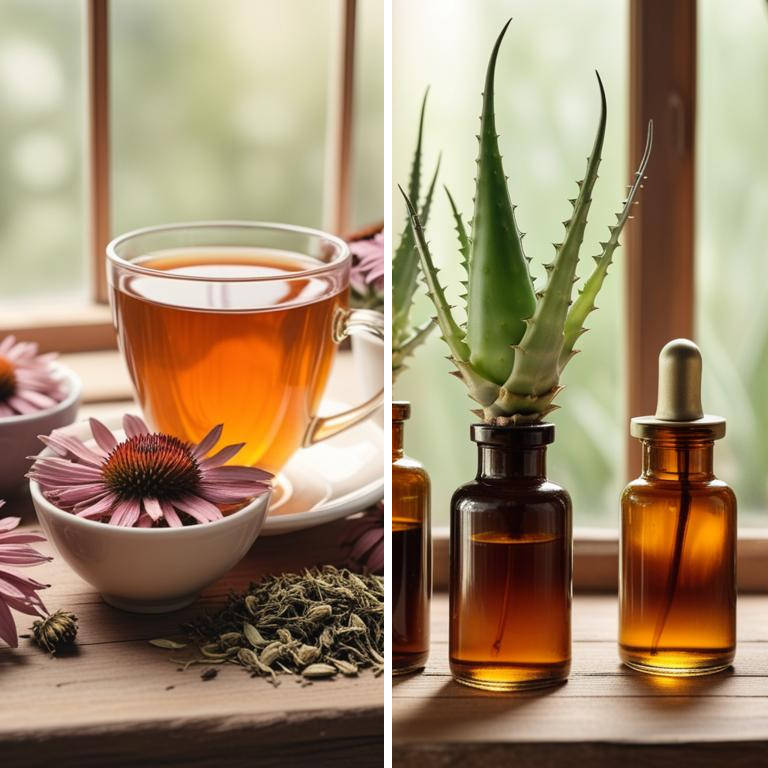
Herbal preparations can be great for dry mouth because they often come from plants that help soothe and moisturize the mouth and throat.
One of the simplest ways to get these benefits is by drinking herbal tea, like peppermint or chamomile tea. These teas can help stimulate saliva production, which can help keep the mouth moist. A decoction is another way to get the benefits of herbs for dry mouth. This is when you boil herbs in water to make a liquid that you can drink. Decoctions of licorice root and slippery elm can help soothe and protect the mouth and throat, reducing dryness and discomfort. If you prefer a quick and easy way to get relief from dry mouth, lozenges can be a good option.
Lozenges that contain herbs like sage and eucalyptus can help stimulate saliva production and provide a soothing, cooling sensation in the mouth. Tinctures are another type of herbal preparation that can be used to help with dry mouth. Tinctures are concentrated liquids that you put under your tongue or take in water. Tinctures of herbs like aloe vera and calendula can help soothe and moisturize the mouth and throat, reducing dryness and discomfort. Finally, capsules can be a convenient way to get the benefits of herbs for dry mouth. Capsules that contain herbs like marshmallow root and plantain can help soothe and protect the mouth and throat, reducing dryness and discomfort.
When you choose herbal preparations for dry mouth, look for ones that are high in mucilages, which are substances that can help soothe and moisturize the mouth and throat.
Additional Resources:
What herbs should you be cautious with when having dry mouth?
If you have a dry mouth, it's best to be careful with certain herbs that can make the problem worse.
Herbs like thyme (Thymus vulgaris) can dry out your mouth even more because of their drying properties. This is because they contain compounds that help to dry out excess moisture in plants, which is not what you want if you already have a dry mouth. Rosemary (Rosmarinus officinalis) is another herb to be cautious with, as it can stimulate saliva production, but it's often not enough to make up for the drying effects of the herb itself. This means that while your mouth might produce more saliva at first, the drying properties of rosemary can soon overpower this, leaving you with an even drier mouth. Valerian root (Valeriana officinalis) is often used as a natural remedy for sleep problems, and it can also have a drying effect on the mouth. This is because it contains compounds that help to slow down the digestion process and reduce saliva production.
While this might be helpful for some people, it's not what you want if you're struggling with a dry mouth. Lavender (Lavandula angustifolia) is another herb that can dry out your mouth, and it's often used in combination with other herbs that have the same effect. This is because lavender contains compounds that help to reduce inflammation and promote relaxation, but they also have a drying effect on the mouth. Hyssop (Hyssopus officinalis) is a herb that's often used to soothe the digestive system, but it can also have a drying effect on the mouth. This is because it contains compounds that help to reduce inflammation and promote relaxation, but they also have a drying effect on the mouth. These herbs can make your dry mouth worse because they contain compounds that either reduce saliva production or have a drying effect on the mouth.
If you have a dry mouth, it's best to avoid using these herbs or to talk to a healthcare professional before using them.
FAQ
Are there any specific herbs that can prevent dry mouth?
Some herbs like slippery elm and aloe vera have natural moisturizing properties that can help soothe a dry mouth.
Licorice root has anti-inflammatory properties that can reduce irritation and discomfort.
These herbs can be consumed as tea or added to water to help keep the mouth hydrated and moist.
Is it safe to use herbal remedies for dry mouth during pregnancy?
During pregnancy, it's best to be cautious with herbal remedies for dry mouth.
Some herbs like sage and peppermint can stimulate digestion and blood flow, but others like licorice root may have high levels of glycyrrhizin, which can affect blood pressure and hormone levels.
More research is needed to understand their safety for pregnant women.
Are there any herbs that can reduce the frequency of dry mouth?
Some herbs like xylitol-rich licorice root and slippery elm may help reduce dry mouth.
Licorice root's antibacterial properties can prevent infections, while slippery elm soothes the mucous membranes. These herbs can also stimulate saliva production, which helps to keep the mouth moist.
This may provide relief from dry mouth symptoms.
Related Articles
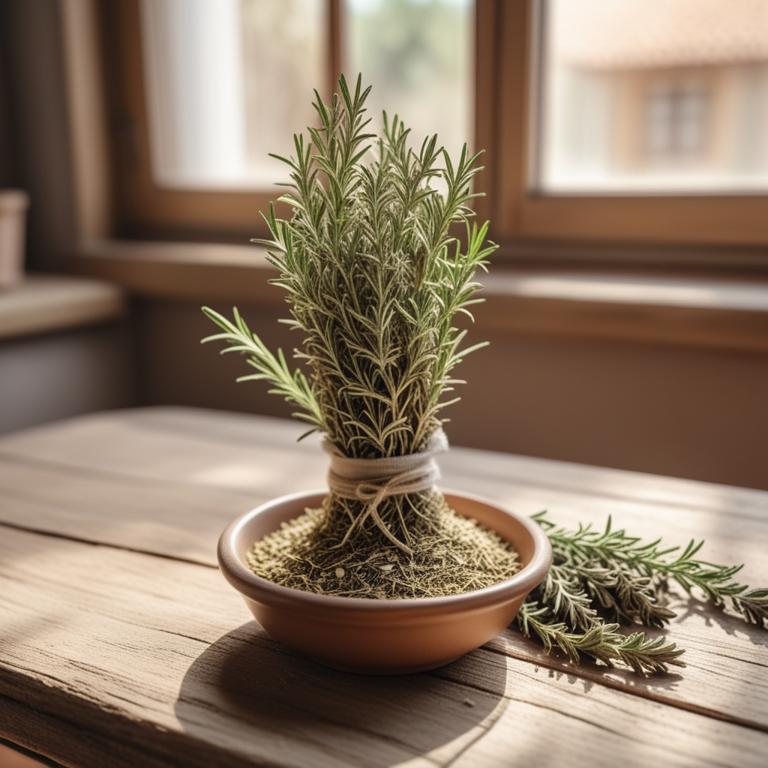
Chills: Understanding the Causes and Herbal Preparations for Treatment
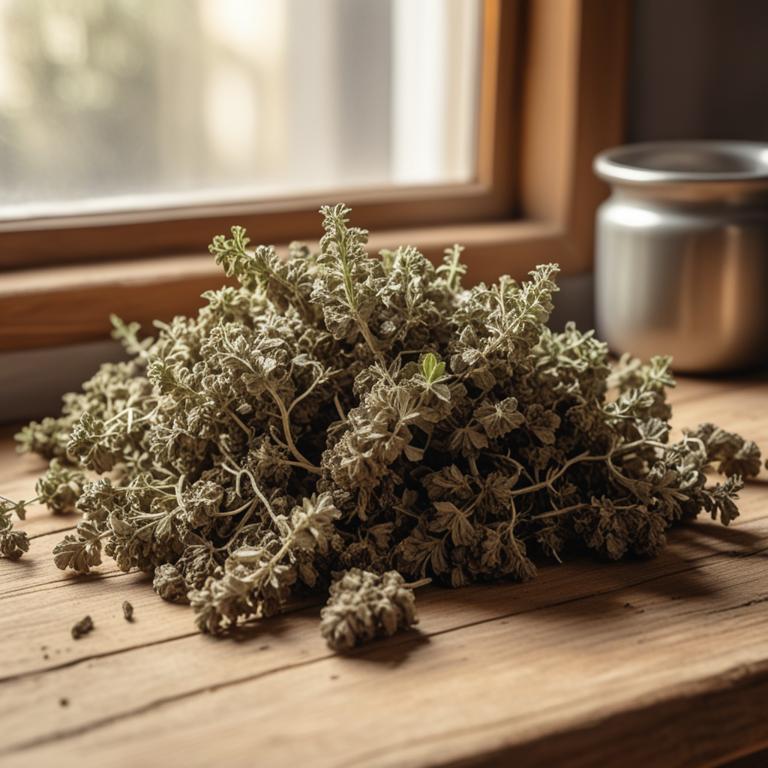
Sinus Headache Prevention and Treatment: Causes, Herbal Remedies, and More
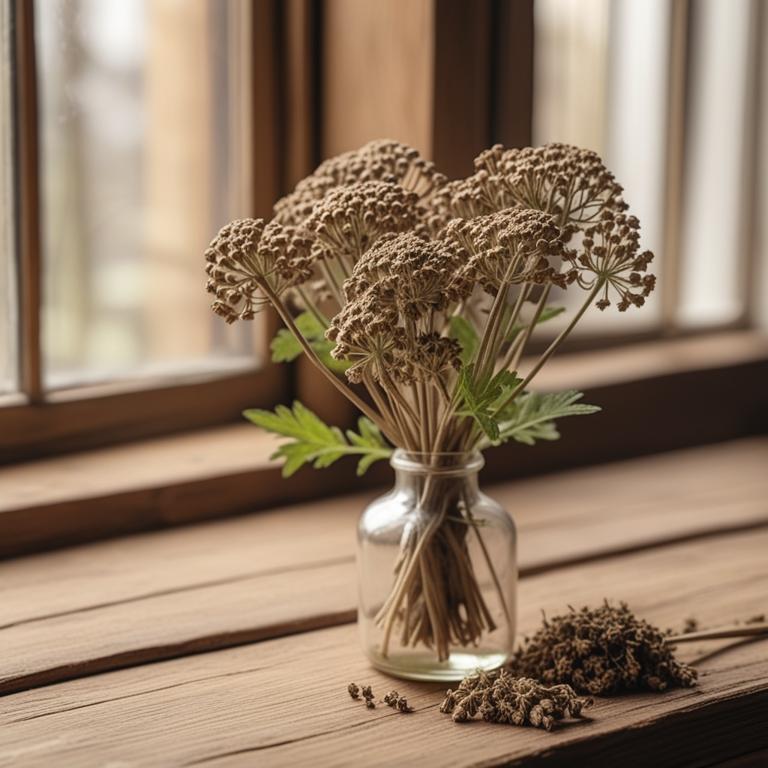
Causes and Cures for Jet Lag Using Herbal Preparations
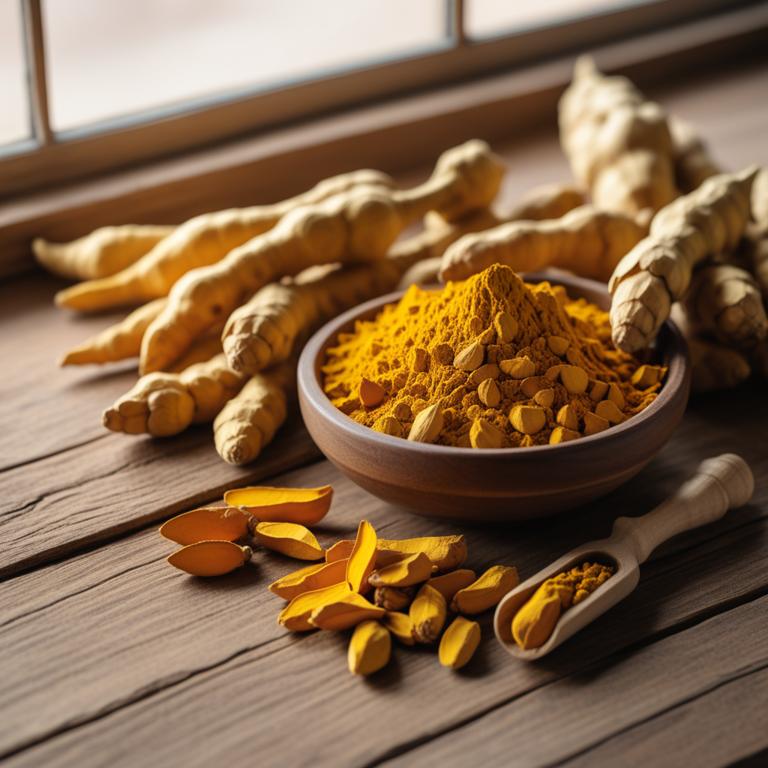
The Role of Medicinal Herbs and Herbal Preparations in Enhancing Postoperative Recovery
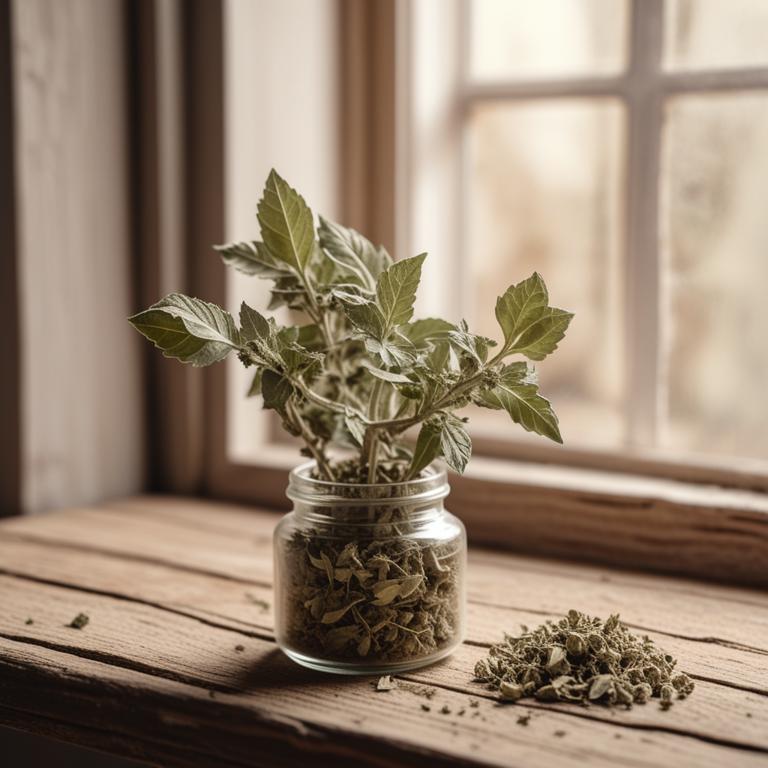
Brain Fog: A Guide to Causes, Medicinal Herbs, and Natural Preparations
